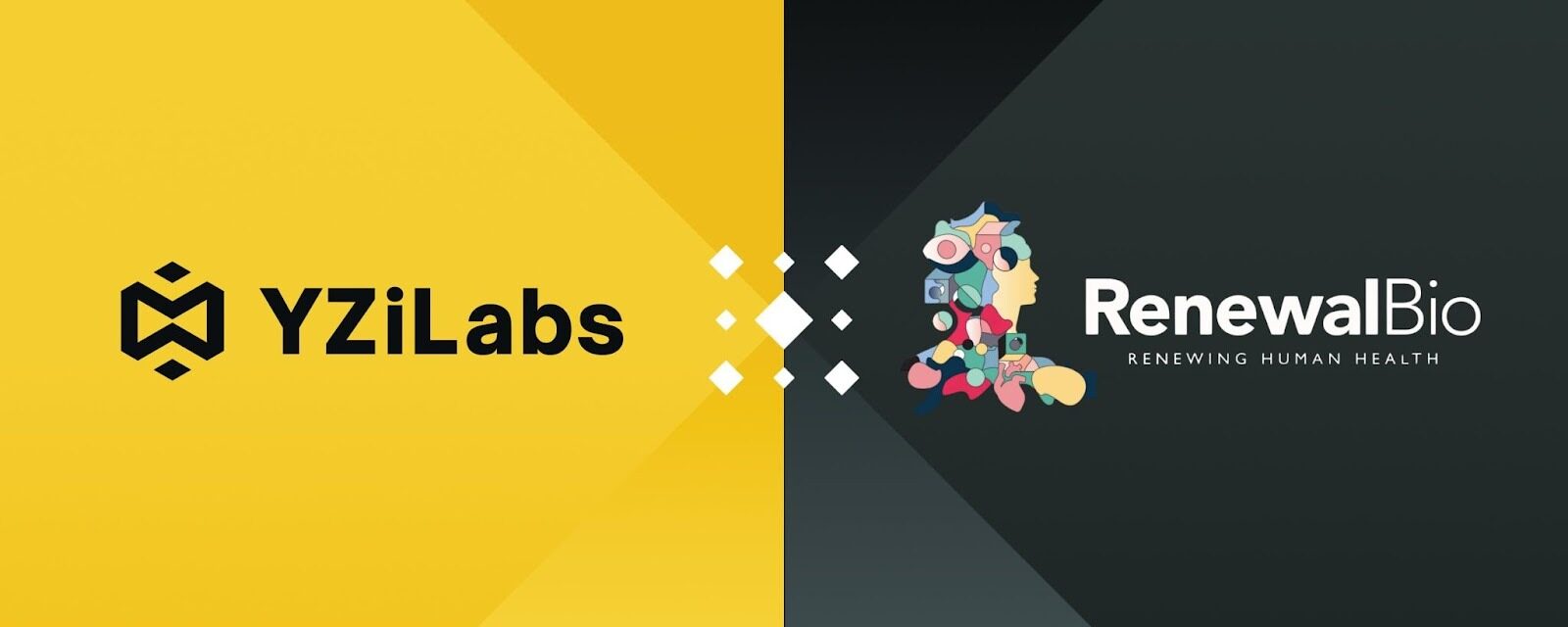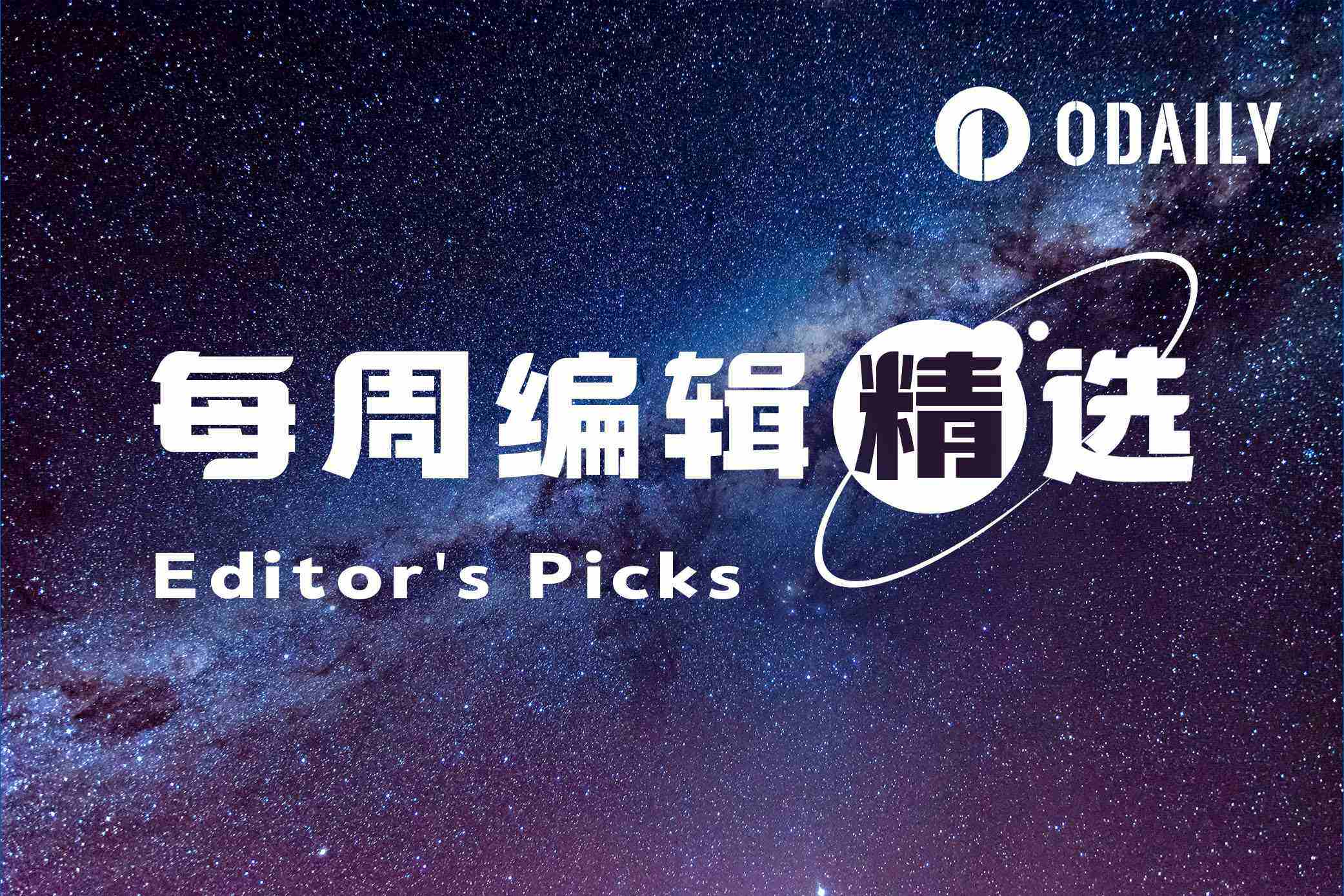YZi Labs' first biotech investment: Renewal Bio Investment
- 核心观点:YZi Labs战略转型投资生物科技。
- 关键要素:
- 品牌重塑后投资策略转向Web3+AI+生物科技。
- 任命生物技术专家何简为普通合伙人。
- 首投再生器官技术公司Renewal Bio。
- 市场影响:推动加密资本流向生命科学领域。
- 时效性标注:长期影响
Yesterday's news caught my attention—YZi Labs just invested in Renewal Bio, marking their first foray into the biotechnology field. This is significant for anyone following the cryptocurrency space.
We are watching how one of the industry’s largest investment firms is deliberately shifting from pure cryptocurrency investment to a completely different field: regenerative medicine.
Let me analyze in detail what exactly happened here, because this is far more than just another venture capital firm writing checks.
Name games and rebranding
First of all, YZi Labs (pronounced "easy") is a renamed version of the previously well-known Binance Labs.
This rebranding took place in January 2025. To be honest, the new name feels like a combination of Yi He and CZ, but that's just my personal feeling. More importantly, this rebranding represents a complete shift in investment strategy, moving from solely focusing on Web3 to Web3 + AI + biotechnology. This is a massive expansion of business scope, which cannot be accomplished overnight.
How did we get to this point?
Looking back, its development can be described as gradual. From 2018 to mid-2024, when it was still called Binance Labs, its business focus was very clear—blockchain infrastructure projects. Examples include Polygon, LayerZero, Aptos, and The Sandbox. These projects are household names in the cryptocurrency space and continue to thrive. That was the golden age of pure Web3 investment.
Around mid-2024, things changed. Binance Labs began venturing into artificial intelligence, investing in projects like Sahara AI and MyShell in August 2024. At the time, they were still using the MVB incubator to screen projects before investing, but the direction was clear: they were testing the waters outside of cryptocurrency. My guess is that the extreme volatility and cyclicality of the cryptocurrency market prompted them to diversify. When your entire portfolio fluctuates by 50% within a month, you start looking for more stable, long-term investments.
In January 2025, the company officially changed its name to YZi Labs, marking the formal launch of a plan that had been in the works for months. But the real signal came in March when they appointed Jian He as a general partner, specifically responsible for biotechnology investments. He holds an MBA from Stanford University and has extensive experience in biotechnology and medical technology—covering cancer therapies, gene editing, metabolic therapies, and much more. Such a background is rarely hired unless there is a genuine passion for the field.
Why updating biology is important
Now let's look at yesterday's news: YZi Labs has invested in Renewal Bio. This isn't just their first investment in the biotechnology field; it also demonstrates their recognition of transformative potential. Frankly, the technology Renewal Bio is developing sounds like science fiction, but it's actually real.
The simplest explanation is: they want to use your own cells to grow replacement organs and tissues. This process begins by extracting a small sample of your cells—such as skin cells—and then reprogramming them into stem cells. These stem cells are then cultured in a specialized laboratory environment that simulates embryonic development. After a few weeks, these cells begin to form organ structures—heart, liver, blood cells, and any organ or tissue you need.
What is the most crucial advantage? Because all the materials come from the patient's own cells, there is absolutely no risk of rejection. In contrast, traditional organ transplant patients need to take immunosuppressants for life and pray that their bodies will not reject the donated organs.
Currently, complete organ regeneration remains a long-term goal. Renewal Bio is now focusing on hematopoietic stem cells—the very stem cells that can treat leukemia and immune system disorders. The principle is the same as organ regeneration, only the process begins earlier. They extract the patient's own cells, cultivate healthy stem cells, and potentially rebuild the entire blood and immune system without the need for bone marrow donation.
The principle behind this technology is astonishing. It's called the Stembroid platform, based on groundbreaking research by Professor Jacob Hannah of the Weizmann Institute of Science. His team successfully grew synthetic mouse embryos in 2022, which developed beating hearts and brain structures with up to 95% similarity to natural embryos. In 2023, they achieved the same goal using human cells. We're talking about growing embryo-like structures inside an artificial womb, outside the human body.

Big picture perspective
What surprises me is that this move coincides with a trend we are currently seeing in major venture capital firms.
Look at a16z—they transitioned from the internet sector to cryptocurrency, and then to biotechnology. Sequoia Capital has also established a separate healthcare fund. The trend is clear: tech money is flowing into the life sciences, and native capital from the cryptocurrency sector is following closely behind.
Changpeng Zhao himself has publicly discussed his interest in health and longevity. When you've amassed billions of dollars in wealth in the cryptocurrency space and start thinking about legacy, investing in technologies that could truly extend human lifespan or cure previously incurable diseases—that's a completely different story than launching another DeFi protocol.
The funding Renewal Bio will be used for lab expansion, building GMP-compliant manufacturing facilities, and preparing for clinical trials. They are currently in the preclinical stage, meaning human trials could take several more years, but this is common for biotech companies. These types of projects typically take 5 to 10 years to mature, which is precisely where investing with cryptocurrency yields comes in. These projects require patient capital.
what does that mean?
YZi Labs currently manages over $10 billion in assets, with investments in more than 250 projects across 25 countries. As its investment scope expands to Web3, artificial intelligence, and biotechnology, YZi Labs is no longer limited to a cryptocurrency fund, but is gradually evolving into a truly multi-sector technology investor that happens to have a cryptocurrency background.
This strategic logic makes perfect sense. The cryptocurrency market is cyclical, and while artificial intelligence is hot, competition is increasingly fierce. Biotechnology, on the other hand, can create real long-term value and has a lower correlation with cryptocurrency cycles. Furthermore, there are potential synergies between them—imagine decentralized science (DeSci) platforms funding biotechnology research, or blockchain-based health data systems. These intersections do exist.
For an outsider like myself, this is truly exciting. If crypto wealth can be used to solve real-world problems like organ shortages or cancer treatments, it will completely transform the industry. We're no longer talking about pure speculation, but rather money genuinely flowing into transformative technologies.
Will I benefit from Renewal Bio's technology in my lifetime? It's hard to say. Clinical trials are lengthy, regulatory approvals are even more difficult, and the scalability of this technology is uncertain. But the fact is, a significant amount of money is being invested in this groundbreaking research. Breakthroughs often happen this way. Someone has to fund those potentially successful, even crazy, ideas.
All I can say is: large companies are investing heavily in technologies that extend product lifespan—yes, I support that.
Let's see how things unfold.



